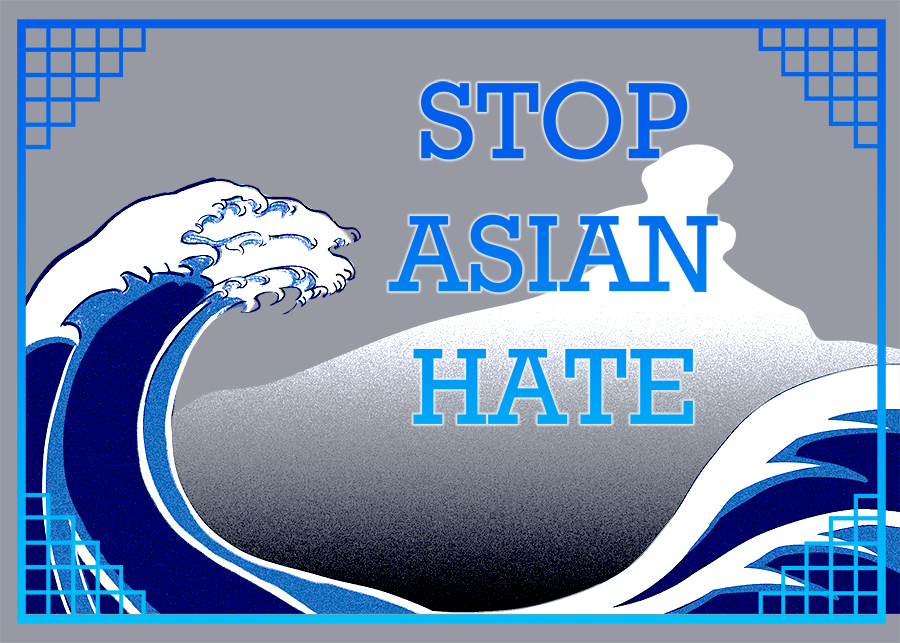Workshops held to teach people how to combat against racism.
Anti-Asian racism was brought to the Office of Anti-Racism, Equity and Human Rights Services (OAREHRS)’s attention by a recent incident.
The issue in question took place Oct. 23 at a local restaurant and was shared on social media.
OAREHRS recognized the harmful impact that the incident had on the whole George Brown College (GBC) community, especially on Asian community members. Thus, there is a need to make students aware of the issues in their daily lives and how to address them.
In that sense, two one-hour workshops named Combatting Anti-Asian Racism and Bystander Intervention were held by the OAREHRS in collaboration with the Hong Fook Mental Health Association (HFMHA) on Nov. 7 and Nov. 9.
A total of 60 students, faculty and staff participated in the workshops facilitated by Maria Lo, a training coordinator from the HFMHA.
During the workshop, Lo introduced how the history of Asian labour in Canada contributed to racism. They were introduced to Canada for underpaid labour work in the 1880s to build the Canadian Pacific Railway.
Meanwhile, government policies in the past, like banning marriage between Chinese and white, also formed assumptions and stereotypes in the society.
In the past two years, the pandemic also triggered Asian hate in Canada.
“We are all human beings that we always had our assumption our you know, like a bias. So that create that inequality and that race as well, so it is important for us to be truthful to ourselves, and first of all, that we have to be aware of this is happening, and that is embedded in our daily life,” said Lo.
Racism appears in daily lives in the form of micro aggression.
“Because sometime by being confrontational, it does not resolve the issue, because individuals who’re making those statements, they are not necessarily having the hatred of Asian, maybe just so normalized that it’s like just saying something slip of the tongue,” she added.
Another factor being raised in the workshops is the intersectionality between different forms of racism and discrimination.
Jasmeen Chandi, an officer from the OAREHRS, added on to the importance of students being aware of the intersectionality between different forms of racism and discrimination.
“It really spoke to me about intersectionality that you’re never like you’re never just your race like you’re also you might be an immigrant and newcomer you might be someone that’s born in Canada, you might be your gender is also a factor, you’re your sexuality, you are your ability,” said Chandi.“So, all of those intersect, right in the ways in which folks place discrimination, harassment, and so that’s really something important to acknowledge, right that there are so many interior locking ways in which people are living their lives and ways in which they are welcomed into spaces where they may feel unwelcome.”
Lo also provided tips for individuals when they are facing racism, such as staying calm, staying safe while taking action, notifying a third party who is in a better position to respond.
Other than workshops, OAREHRS launched an online course on Blackboard “Doing the Work: An Introduction to Anti-Racism” for GBC students. To address any forms of anti-racism, members of the community are encouraged to build knowledge and create space for discussions.
Human rights advisors can be contacted through Diversity@GeorgeBrown.ca or 416-415-5000 ext. 4609 or 4877. Counselling services are available for students at LetsTalk@GeorgeBrown.ca.


